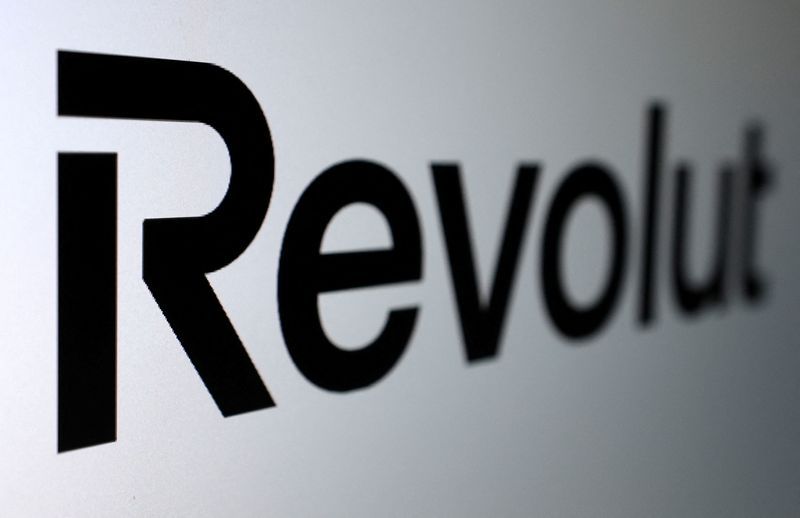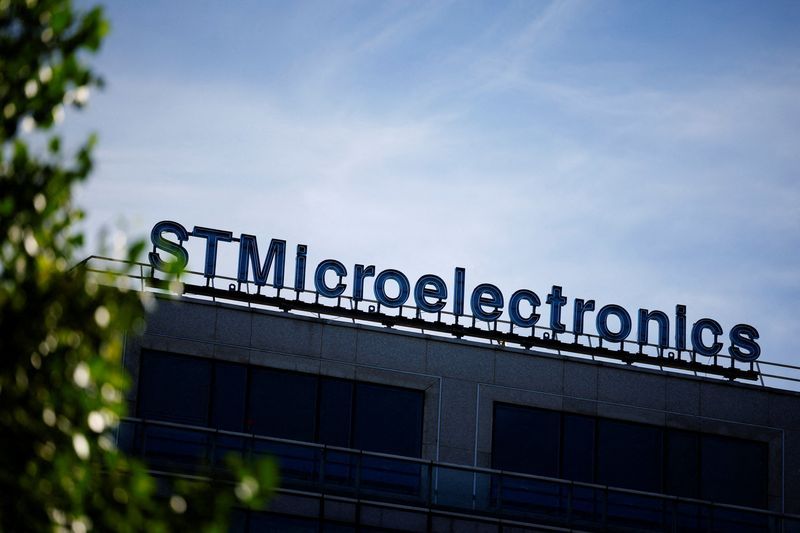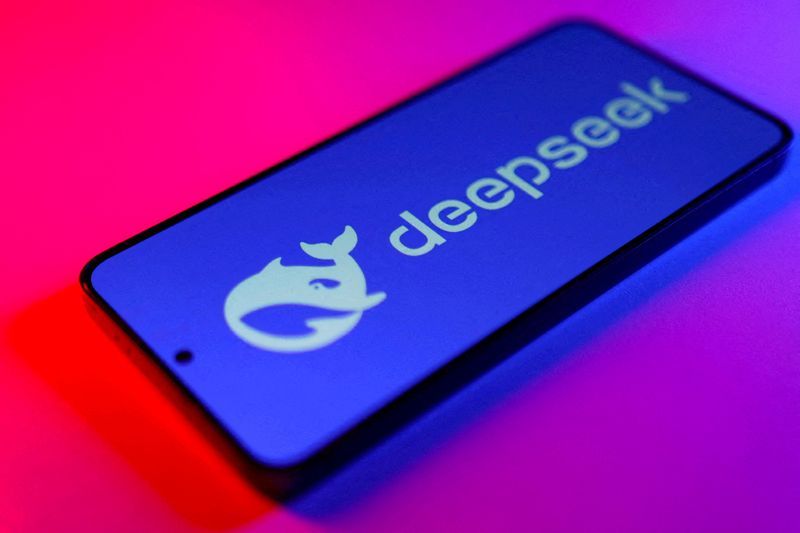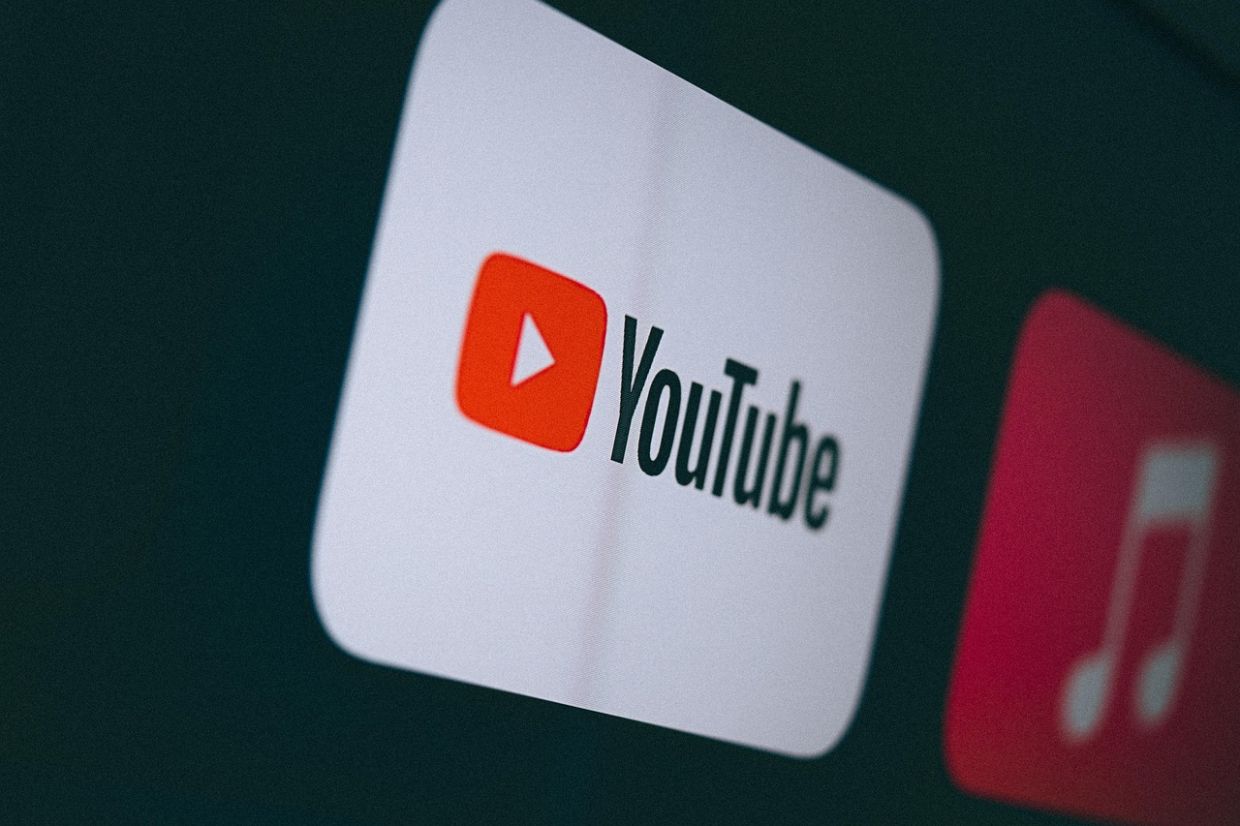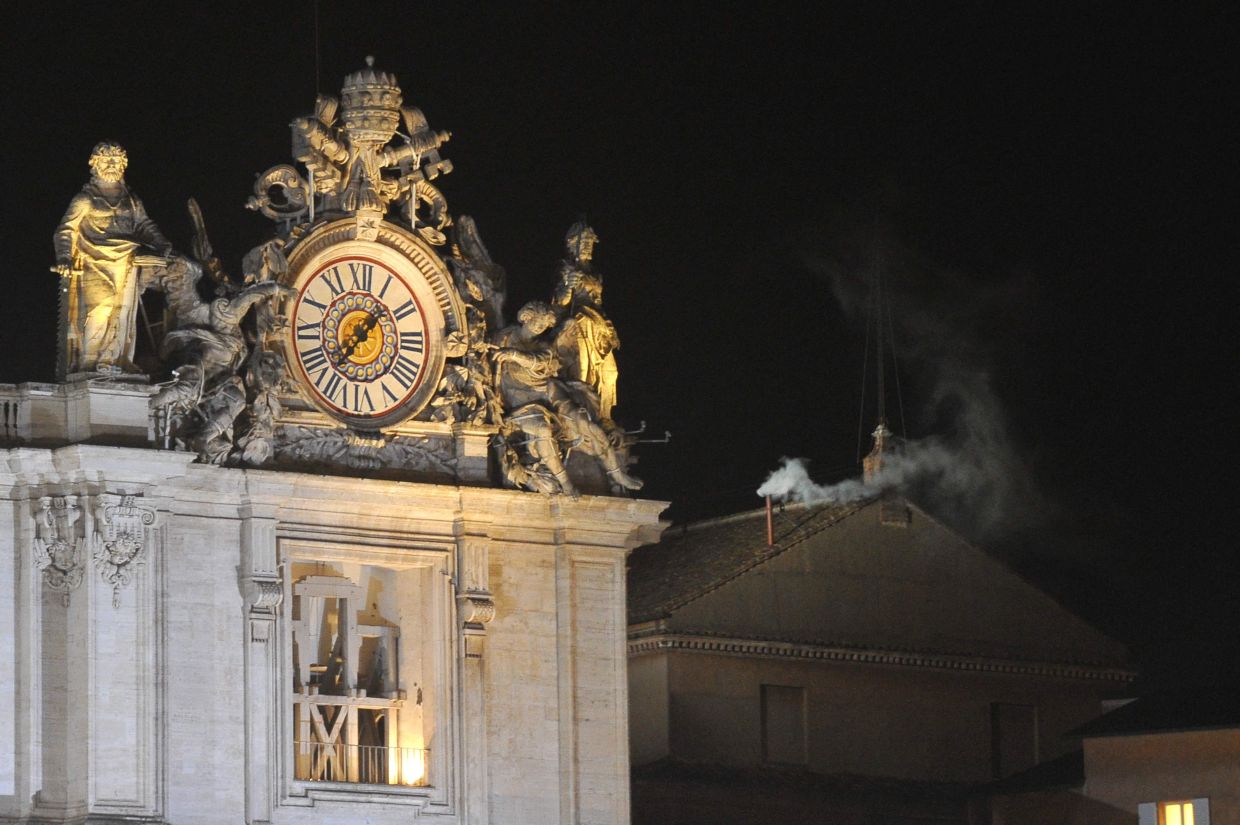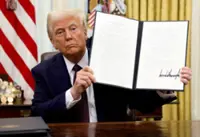
The chemical symbol for nickel sulphate (NiSO) projected onto a tank at a battery recycling plant in Kuppenheim, Germany. Experts are worried that South-East Asia has fallen behind in recycling at a time when governments in the region are pushing to replace more gas-guzzlers with electric vehicles. — Bloomberg
JAKARTA: When Jayden Goh started his battery recycling company in 2019, he was betting that rapid electrification of everything from cars to energy storage would make salvaging critical minerals from spent cells a pressing demand in South-East Asia.
Five years later, the Malaysian entrepreneur's EcoNiLi has expanded from its original small facility in West Java to operate four factories in three countries with annual capacity to recycle 86,000 tonnes of lithium-ion batteries, which are used by electric vehicles. Electrification has been championed as central in the transition away from fossil fuels, which account for over 75% of global greenhouse gas emissions that cause climate change.
The batteries required for cars and other devices powered by electricity include rare minerals, like lithium, nickel and cobalt. Demand for these metals may quadruple by 2040, according to the International Energy Agency.
But extracting finite minerals from the Earth comes at a cost, including environmental pollution and labour abuses, according to rights groups and environmental activists.
And once they have reached the end of their lifespan, discarded batteries and their toxic chemicals pose further dangers to the environment and human health.
"Governments should enact policies that promote mandated minimum levels of recycled content in EV batteries to decrease the demand for virgin transition minerals," said Krista Shennum, a researcher with the nongovernmental organisation Climate Rights International.
South-East Asia lags
China, home to the world's biggest EV market, and the European Union already require the reuse of some battery components.
Experts are worried that South-East Asia has fallen behind in recycling at a time when governments in the region are pushing to replace more gas-guzzlers with electric vehicles. For example, Indonesia wants to see 13 million motorcycles and 2 million four-wheeled EVs on the road by 2030, compared with fewer than 100,000 today.
The switch to electric vehicles could inundate South-East Asia with 2,166 gigawatts per hour worth of used batteries by 2040 – enough to supply more than 1 million households with electricity for a year, according to a report by the Economic Research Institute for ASEAN and East Asia.
End-of-life batteries are categorised as electronic waste, or ewaste, that is often hazardous, and less than a quarter of the 62 million tonnes of ewaste produced globally in 2022 was recycled. In parts of South-East Asia, ewaste recycling rates are even less.
Singapore produces an estimated 60,000 tonnes of ewaste per year, but only 6% is recycled, according to Amy Khor, senior minister for sustainability and the environment.
The city-state now has three recycling facilities capable of handling 11,000 tonnes of ewaste per year.
"The recycling of batteries supports Singapore's goals to build a circular economy and to reduce the amount of waste sent to our only landfill, Semakau Landfill," Khor said at the opening of a battery recycling plant last year.
In Indonesia, 2 million tonnes of ewaste were produced in 2021, and only about 17% was recycled, according to official data.
The government in 2021 created the Indonesia Battery Corporation to produce and recycle batteries and this year issued new rules stipulating the reduction and management of ewaste.
However, it remains unclear how more dead batteries will be collected.
"So far we lack the infrastructure, including collection points, transportation methods and treatment facilities, to handle ewaste and batteries," said Abdul Ghofar, pollution and urban justice campaign manager at the Indonesian Forum for Living Environment, or WALHI, an NGO.
"This fact shows that ewaste is not being prioritised by the government," he said.
The Thomson Reuters Foundation did not receive a response to requests for comment from the Indonesian environment ministry.
Top nickel producer
Even as it takes steps to recycle more batteries, Indonesia, the world's top producer of nickel, has ramped up production of the precious metal to about 2 million tonnes, or 55% of the world’s supply, last year.
Activists estimate nickel mining has caused the loss of between 187,000 to 378,000 acres of forest in Indonesia in the last two decades.
And nickel refineries are largely powered by greenhouse gas-emitting coal-fired electricity plants.
Extraction and processing nickel ore "have brought considerable impacts on the environment and livelihoods of local communities," said Julfikar Sangaji, an activist with the NGO Forum Studi Halmahera. "Forest, plantations and coastal areas were destroyed due to mining activities."
Some experts warn that recycling batteries is not a cure-all and can create a new set of environmental and health risks.
"Currently, the recycling process itself consumes a significant amount of energy and chemicals," Erik Prasetyo, a researcher at the Norwegian University of Science and Technology, told the Thomson Reuters Foundation.
Still, the global battery-recycling business is set to boost capacity fivefold by 2030, of which 70% is planned in China, the world’s leading manufacturer of lithium-ion batteries.
Already, a majority of the batteries that are available for recycling are recycled globally, research by the Circular Energy Storage Research and Consulting showed.
In South-East Asia, a major challenge has been sourcing and collecting spent batteries in places like Indonesia that ban imports, said EcoNiLi’s Goh.
"We also need the government to promote and to better educate the public the importance of battery recycling ... so when EV comes in full swing, we can be ready," Goh said. – Thomson Reuters Foundation








